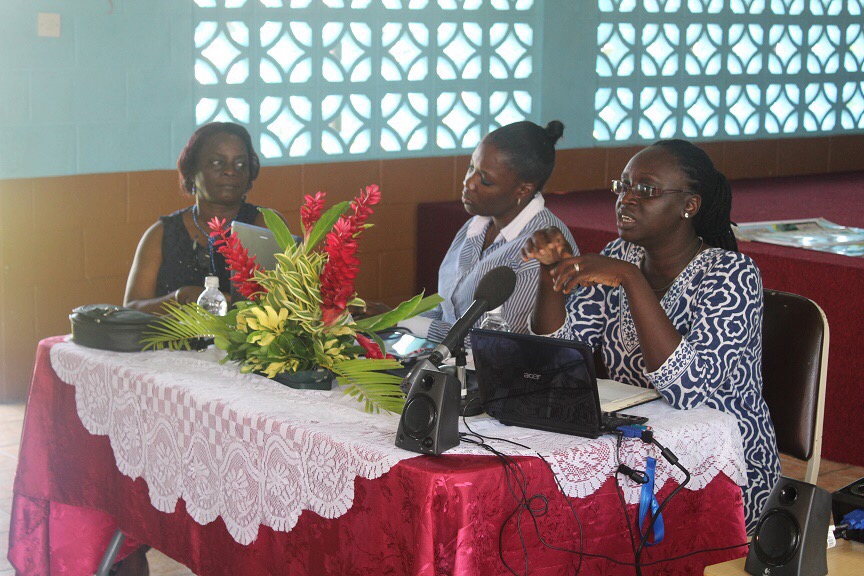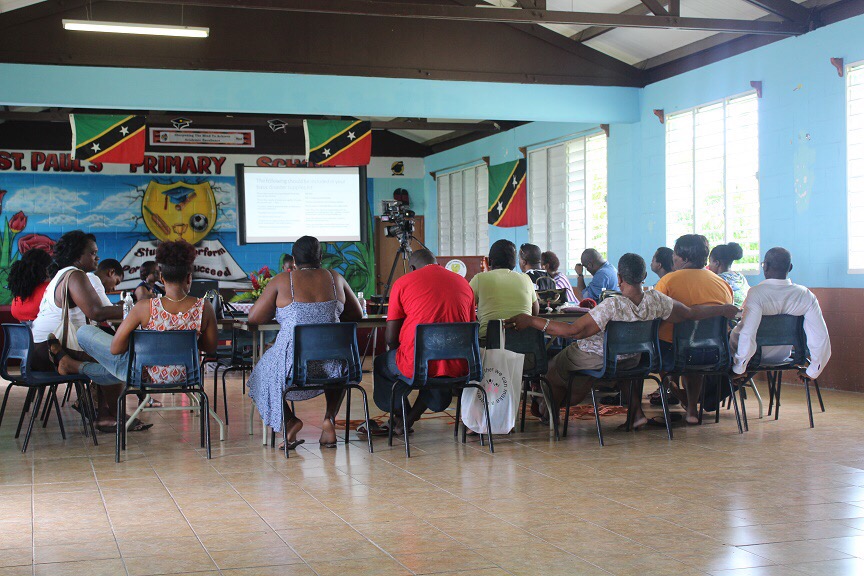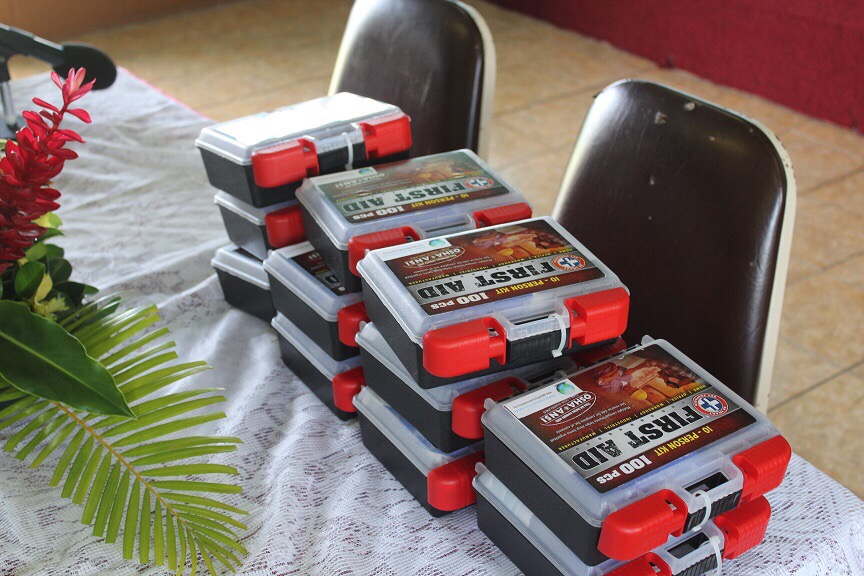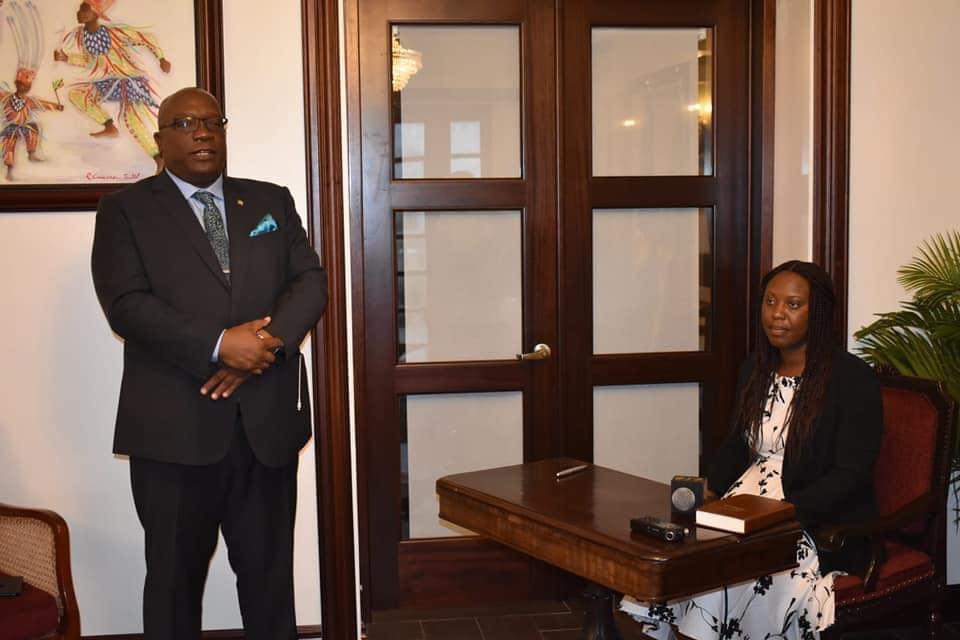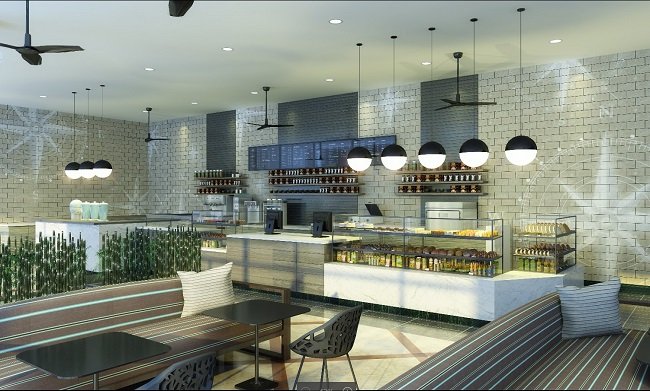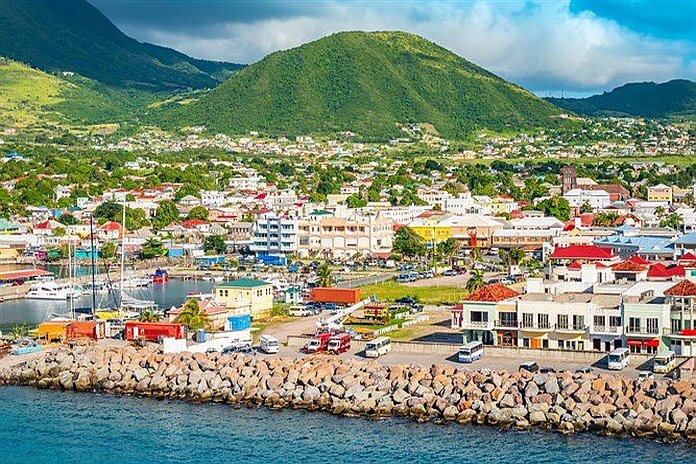BASSETERRE, ST. KITTS, JULY 17TH 2017 – It is the primary responsibility of the Government of St. Kitts and Nevis to be in a state of preparedness and provide relief to the people affected in the event of a disaster.
That is the view of former St. Kitts and Nevis’ Prime Minister, the Right Hon. Dr. Denzil L. Douglas.
Speaking at a Disaster Preparedness Forum in collaboration with the National Emergency Management Agency (NEMA), Dr. Douglas, the Parliamentary Representative for St. Christopher 6 (Newton Ground to Harris’, Dr. Douglas said Global Lifestyle Foundation, also known by the acronym “GLF”, said the Disaster Preparedness Forum is aimed at strengthening the capacity of householders by creating an opportunity to learn, to act and to be prepared in the event of a disaster.
“Natural disasters are the manifestation of nature and they can take place anywhere, anytime. Most of the natural events are cyclical and predictable, such as the yearly hurricanes. In such a case people adapt themselves to the changing conditions. But if there is any change to the normal patterns, either in the timing of the flood or the fury of a storm, we see devastating effects on the life and property of the people,” he told participants.
In his address, delivered from overseas where he is on business, Dr. Douglas, also the Leader of the Opposition said that “earthquakes, volcanic eruptions, tsunamis and tidal waves; hurricanes, mudslides, droughts and wild fires are dramatic and very damaging in their results.
“The most vulnerable in these disasters are the poor. Hence it is necessary to mobilise them towards preparedness. Quick and timely response is the essence in providing immediate relief and rescue operations, to save human lives and mitigate miseries as soon as possible. The response mechanism envisages that on receiving signals of a disaster happening or likely to happen, all activities related with the mitigation process are activated without loss of time,” he said.
Dr. Douglas said that in case of severe calamity, the Government supplements its efforts by providing logistic and financial support.
The St. Kitts and Nevis Labour Government, which Dr. Douglas headed at the time, set up the National Emergency Management Agency (NEMA), several years ago.
“But community participation in rescue and relief operations and reconstruction after a disaster is always essential. And it is a good sign that everyone starts feeling the gravity of the situation and comes forward with a helping hand,” said Dr. Douglas, who pointed out that disaster management is a collective and co-ordinated effort.
He said that a number of activities need to be undertaken in the event of disaster as when natural disasters occur, people help themselves and local communities are the first responders.
“Of course, a number of actors come into play. The Police Department, the Fire and Rescue Services Department, the Defence Force, and other local authorities e.g. doctors, nurses, school teachers, volunteers, private companies and the media, and the list goes on….they are all mobilised. But when the local authorities and their responders are overwhelmed by the magnitude of the disaster, or when the local authorities themselves were devastated, support from outside – be it from other local authorities, national governments or the international community – becomes critical. Similarly, unlike the normal time, the government structures and businesses cease to function properly and can no longer meet people’s survival needs. This is where and why you, as “a community / the civil society” need to come in to fill the critical gaps,” he told participants.
Imploring the participants to take this exercise seriously, and replicate it in their church, community group or wherever you serve, Dr. Douglas encouraging them to “rally together, network as civil society organizations, faith-based groups, et cetera, because in working together we can achieve so much more for the district of Cappisterre – St. Pauls to St .John’s Parish,”

